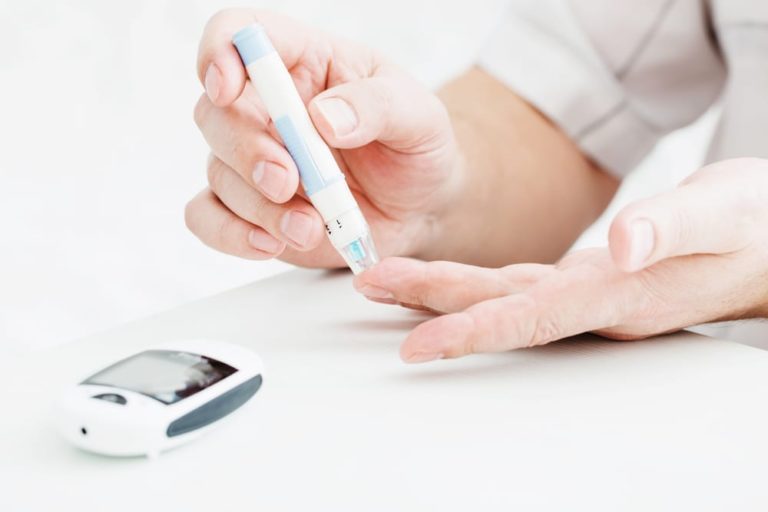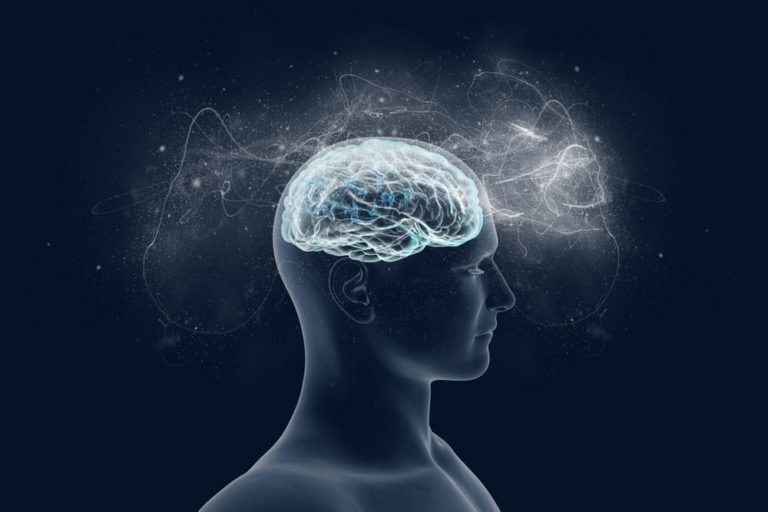Glucose transporter type-1 deficiency syndrome (GLUT1DS) is a very rare, autosomal-dominantly inherited, neurometabolic disorder first reported in 1991 by De Vivo et. al. was described in the New England Journal of Medicine on the basis of 2 case reports as epileptic encephalopathy. In both patients, cerebral seizures that did not respond to anticonvulsants began at about 3 months of age. The first indication of a glucose transporter defect was unexplained hypoglycorrhachia, in which the ratio of CSF glucose concentration to blood glucose concentration was 0.19-0.35 instead of the normal value of 0.65. Treatment with a KD resulted in near-normal neurological development and cessation of seizures in both patients. (Vivo, D C de et al., 1991).
Mutations in the SLC2A1 gene, which codes for the GLUT-1 transporter, are responsible for GLUT1DS. In humans, this is expressed on the membrane of erythrocytes and brain capillary endothelial cells (blood-brain barrier) and catalyzes, among other things, the insulin-independent transport of glucose. The most common mutations of the SCL2A1 gene are point mutations, followed by deletions, frameshift and misssense mutations. The fact that patients with the same mutations do not always have the same symptoms suggests additional mechanisms such as histone or post-translational modifications that may contribute to the pathophysiology of the disease. (Nickels K and Wirrell E, 2010; Veggiotti P and Giorgis V de, 2014).
The cerebral energy deficiency resulting from insufficient glucose transport to the brain can be partially reversed by a KD, because ketone bodies are taken up independently of GLUT-1 via MCTs (see figure). Because glucose metabolism can be bypassed in this way, KDs are the therapy of choice. While KD is usually discontinued in adolescent epilepsy, it is a lifelong treatment modality in GLUT1DS. (Klepper J, 2012)









